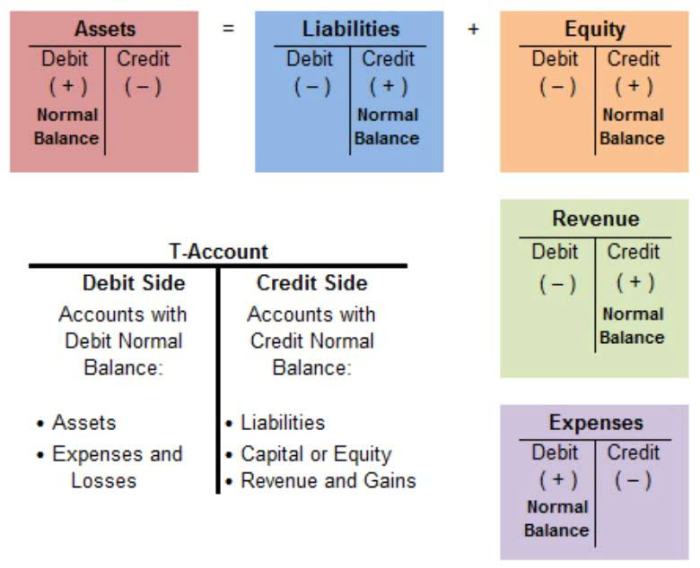In the realm of payroll processing, “paid cash for semimonthly payroll” stands as a practice with significant implications. This comprehensive guide delves into the intricacies of this method, exploring its advantages, disadvantages, legal considerations, security concerns, and industry best practices.
As organizations navigate the complexities of payroll management, understanding the nuances of cash payments becomes imperative. This guide provides a roadmap to help businesses navigate the challenges and opportunities associated with paid cash for semimonthly payroll.
Definition and Meaning
Paid cash for semimonthly payroll refers to the practice of compensating employees for their work with physical currency rather than through electronic means such as direct deposit or checks. This practice is commonly found in small businesses and industries where cash transactions are prevalent.
Paying cash for payroll has implications for both employers and employees. For employers, it eliminates the need for electronic payment systems and associated fees, but it also introduces security risks and administrative challenges. For employees, cash payments provide immediate access to their earnings but may limit their ability to manage their finances effectively.
Advantages and Disadvantages

Advantages
- Elimination of electronic payment fees
- Convenience for employees who prefer cash
- Reduced risk of fraud associated with electronic payments
Disadvantages, Paid cash for semimonthly payroll
- Increased security risks associated with handling large amounts of cash
- Administrative challenges in managing and tracking cash transactions
- Potential tax implications if cash payments are not properly documented
Legal Considerations

Paying cash for payroll is subject to various legal requirements and regulations. Employers must comply with federal and state laws governing payroll, including minimum wage, overtime pay, and tax withholding. Cash payments must be accurately recorded and reported to the appropriate tax authorities.
Failure to comply with these legal requirements can result in penalties, fines, or even criminal charges. Employers should consult with legal professionals to ensure compliance with all applicable laws and regulations.
Security and Risk Management: Paid Cash For Semimonthly Payroll
Cash payments for payroll introduce significant security concerns. Employers must implement robust security measures to protect employees, funds, and company assets. These measures may include:
- Secure storage of cash
- Controlled access to cash
- Escort services for transporting large amounts of cash
- Regular audits and reconciliations
By implementing these measures, employers can mitigate risks associated with cash payments and ensure the safety of all parties involved.
Questions Often Asked
What are the primary advantages of paying cash for semimonthly payroll?
Paying cash for semimonthly payroll offers several advantages, including lower processing fees, increased employee flexibility, and potential tax savings.
Are there any legal considerations to be aware of when paying cash for semimonthly payroll?
Yes, it is crucial to comply with legal requirements and regulations surrounding cash payments for payroll, including record-keeping, tax withholding, and reporting obligations.
How can organizations mitigate the security risks associated with paying cash for semimonthly payroll?
Organizations can implement measures such as secure storage of cash, armored transportation services, and employee background checks to minimize security risks.